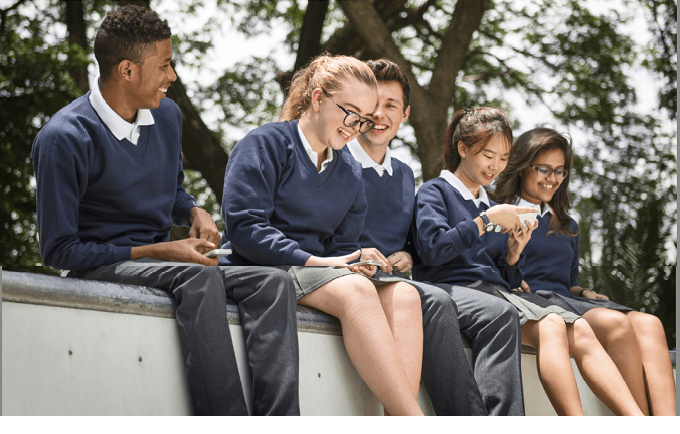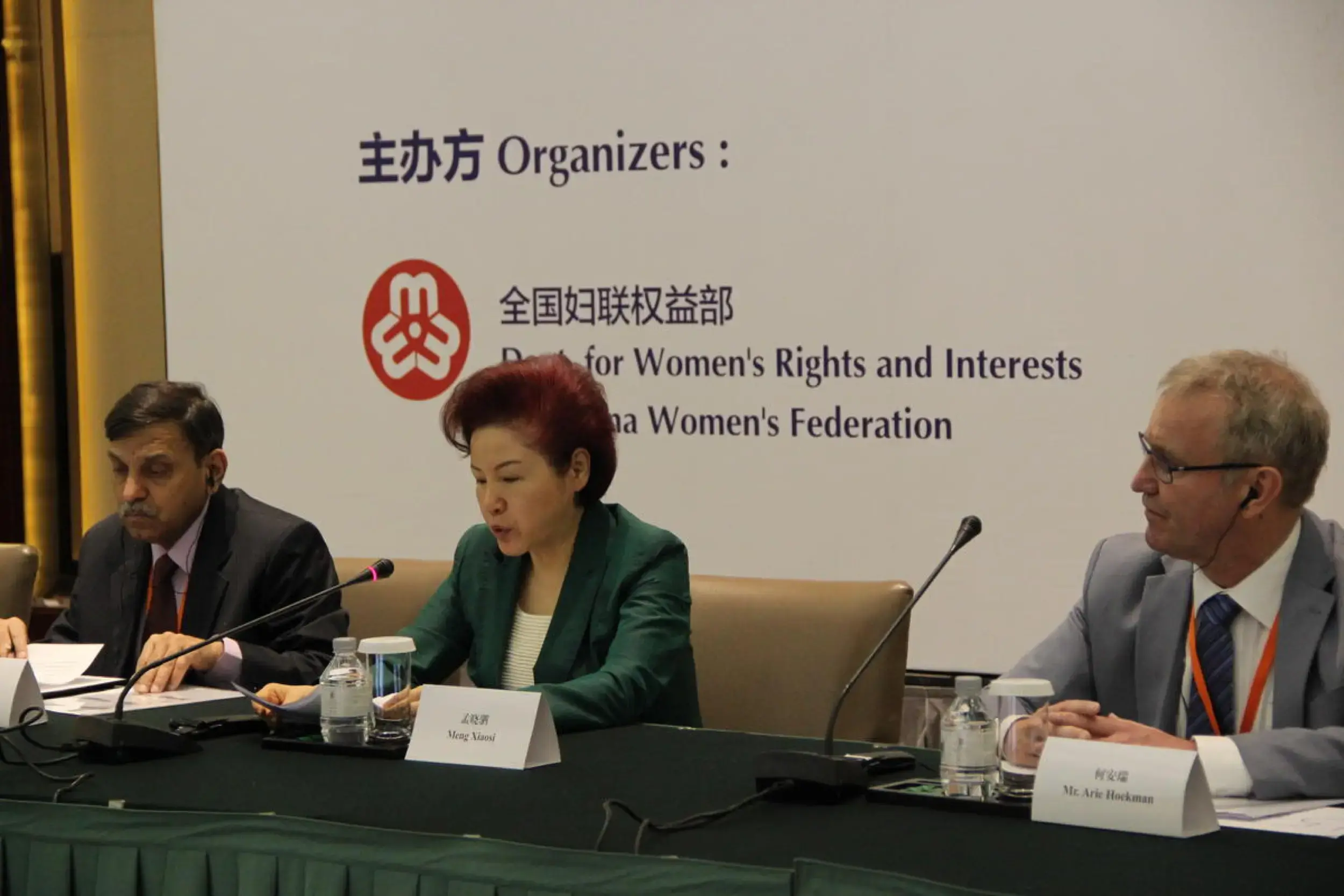BEIJING, China - The United Nations Educational, Scientific and Cultural Organization (UNESCO) Beijing Cluster Office and the United Nations Population Fund (UNFPA) China Office, today, jointly launched the Chinese language edition of the revised International Technical Guidance on Sexuality Education (ITGSE) in Beijing. The English edition of the publication was launched globally earlier this year on January 10th by UNESCO together with co-publishing UN partners UNAIDS, UNFPA, UNICEF, UN Women and WHO.
This revised global publication is based on a review of new research evidence, and available curricula and frameworks worldwide. It was developed through extensive international consultations with technical experts in education, health, youth development, human rights and gender equality, as well as educators, government officials, young people and representatives of international organizations and local NGOs. The Guidance was created to support the government and relevant organizations to develop and implement school-based and out-of-school Comprehensive Sexuality Education (CSE) programs.
“The Guidance recognizes the diversity of national contexts in which sexuality education is taking place. We hope the detailed recommendations provided in the Guidance can help all countries like China where there is already policy support for sexual and reproductive health education in operationalizing CSE”, said Dr. Marielza Oliveira, Director of UNESCO Beijing Office and Representative to China, Mongolia, Democratic People’s Republic of Korea, Japan, and Republic of Korea. She particularly highlighted the evidence-based approach of the Guidance, which could also be used in the development of CSE guidelines and programs in China and beyond.
Ms. Navchaa Suren, Representative a.i. of UNFPA China Office highlighted that UNFPA recognizes the importance of comprehensive sexuality education (CSE) for young people’s health and well-being. UNFPA is strongly committed to making CSE accessible to every young people. “In line with the international agreements that China adopted such as the Plan of Action of the International Conference on Population and Development (ICPD) held in Cairo, and the 2030 Agenda for Sustainable Development, UNFPA supports more than 150 countries, to provide access to scientifically accurate, age-appropriate, and culturally sensitive sexuality education for adolescents and youth within national contexts.” She also mentioned the importance of developing a national technical guidance which takes the Chinese situation into consideration.
In China, young people’s sexual and reproductive health knowledge remains low. According to the 2009 National Youth Survey, only 4% of young people demonstrated sound sexual and reproductive health knowledge, 14% had adequate knowledge about HIV/AIDS, and more than half did not know how to avoid unintended pregnancy.
Following the launch of the Chinese language edition of the revised Guidance, a Comprehensive Sexuality Education workshop was held with active participation of nearly 150 stakeholders across China, including government representatives, researchers, formal and non-formal educators, youth and parent representative as well as national and international NGO workers.
In the workshop, the participants discussed strategies to implement CSE, exchanged experiences and discussed evidence around critical issues, including age-appropriateness of curriculum-based CSE, the rights and gender focus of CSE, the diverse needs for CSE including CSE for children with disabilities, the challenges and opportunities brought by information and communication technologies, and the support system for school-based CSE.
The sexuality education for children and adolescents in China requires scaling-up and strengthening at all levels. According to a joint study supported by UNESCO and UNFPA on implementation of sexuality education in middle schools, barriers include the lack of a standard curriculum and quality teaching and learning materials, as well as insufficient numbers of qualified teachers, counsellors and trainers in CSE. UNESCO and UNFPA reaffirm their joint commitment to supporting the Chinese government in fully implementing and institutionalizing CSE to ensure the right of every child and adolescent in China to good health and wellbeing.




